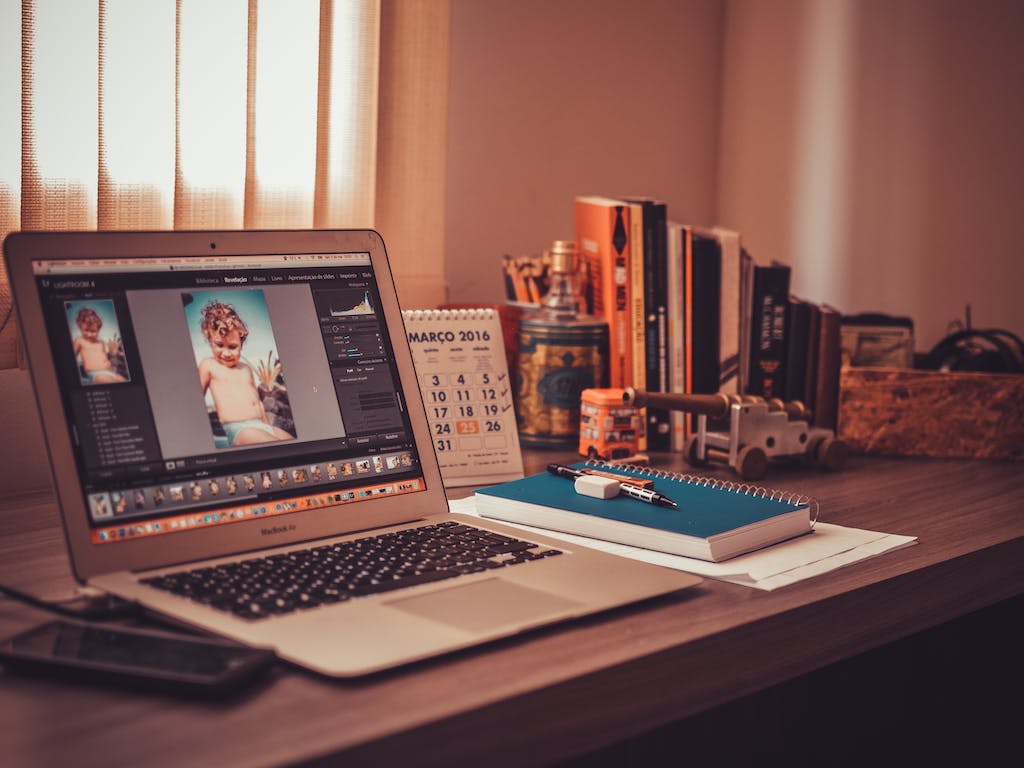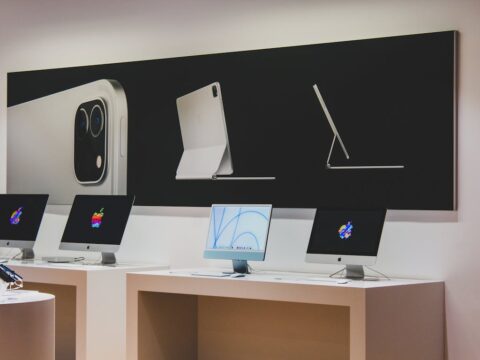One crucial aspect to consider when buying a laptop is the screen size. With various options, picking the right laptop screen size can significantly impact your overall computing experience. In this blog, we’ll break down the factors you should consider to find the perfect laptop screen size.
Purpose and Usage
The first step in choosing the ideal laptop screen size is determining how to use it. If you’re a frequent traveler or need a laptop for on-the-go productivity, a compact screen of around 12 to 14 inches might be suitable. These sizes have a balance between portability and functionality. On the other hand, if your laptop primarily serves as a workstation or for media consumption, you might lean towards a larger screen in the range of 15 to 17 inches for a more immersive experience.
Portability vs. Comfort
Smaller laptops are generally more portable and easier to carry around. If you’re often on the move or require a laptop for presentations, a compact screen will be your ally. However, working on a small screen for extended periods might strain your eyes and limit multitasking. If your work involves design, coding, or video editing, a larger screen provides more workspace and reduces eye fatigue.
Resolution Matters
Screen size alone isn’t enough; the screen resolution also plays a crucial role in visual clarity. Higher resolutions, such as Full HD (1920×1080) or even 4K (3840×2160), significantly affect image quality. However, keep in mind that higher resolutions might lead to smaller text and icons, requiring you to adjust display settings for readability.
Ergonomics and Comfort
Comfort should be a priority when choosing a laptop screen size. Consider the ergonomic aspect – a larger screen allows for better spacing of the keyboard and touchpad, reducing the risk of strain on your wrists and hands. Moreover, it’s easier to maintain a healthy posture when you have a larger screen with sufficient workspace.
Budget and Affordability
Larger screens with higher resolutions tend to come with a higher price tag. It’s essential to balance your budget and the features you need. Remember that a well-suited screen size enhances your productivity and enjoyment, making it a worthwhile investment.
Display Quality
Besides screen size and resolution, color accuracy, brightness, and viewing angles contribute to overall display quality. A laptop with an excellent display is vital if your work involves tasks like photo or video editing. Reading reviews and checking specifications will help you gauge the display quality.



